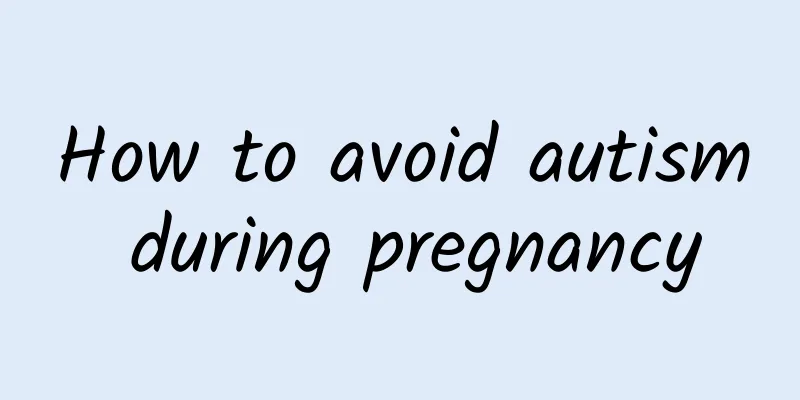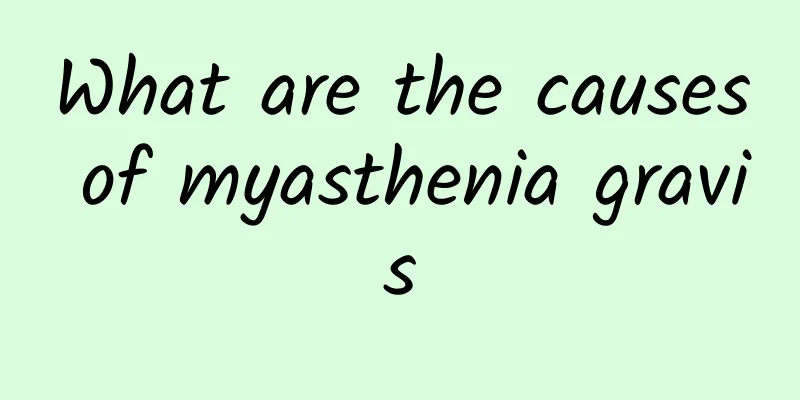My boyfriend has gastroenteritis and stomachache

|
If you find that your boyfriend has gastroenteritis in the middle of the night and is also suffering from stomach pain, you should take him to the hospital for examination. Only after a detailed examination can you know the specific cause and symptoms of the disease. Otherwise, there is no way to prescribe the right medicine. After the diagnosis is confirmed, you can use some drugs for treatment. However, the choice of drug type should be judged according to the severity of your condition. The type and severity of gastroenteritis symptoms depend on the type and amount of the microorganism or toxin. The most common symptom is diarrhea. Other symptoms include: abdominal pain, nausea, vomiting, fever, loss of appetite, weight loss (which may be a sign of dehydration), heavy sweating, cold and clammy skin, muscle pain or joint stiffness, fecal incontinence, etc. Severe vomiting and diarrhea can quickly lead to dehydration, the symptoms of which include weakness, extreme thirst, oliguria or darker urine, dry skin, dry mouth, sunken eyes, and infants may cry with fewer tears. Severe vomiting or diarrhea can cause hyponatremia, hypokalemia, hypotension, etc. Patients who drink large amounts of water with little or no salt to replenish their fluids are particularly susceptible to hyponatremia. Fluid and electrolyte imbalances are potentially dangerous, particularly in seriously ill, debilitated, very young, or elderly patients; severe cases may result in shock and renal failure. Treatment of gastroenteritis should include fasting and correction of water and electrolyte imbalance. Usually, all that is needed is bed rest and drinking plenty of fluids (such as oral rehydration salts). Even patients who are vomiting should drink as much fluid as possible. Breastfeeding infants should continue to breastfeed. If vomiting or diarrhea persists or if dehydration is severe, intravenous rehydration may be necessary. Antiemetics may be used when vomiting is severe. If diarrhea persists for more than 24 to 48 hours and there is no evidence of a more serious bacterial infection, antidiarrheal drugs may be added. Antiemetics and antidiarrheal drugs are generally not recommended for children. Because antibiotics may cause diarrhea or promote the growth of drug-resistant bacteria, they are usually not recommended even if the pathogen of gastroenteritis has been identified. However, antibiotics may be used for infections caused by certain pathogens (such as Campylobacter, Shigella, Vibrio cholerae, etc.) or for patients with traveler's diarrhea. Antibiotics are not effective for gastroenteritis caused by viral infections. Gastroenteritis caused by parasitic infections requires the use of antiparasitic drugs. |
<<: How to eliminate the hyperplasia of the incision
>>: How long does it take to quit smoking to have a normal stomach
Recommend
What are pulmonary nodules and calcifications?
I believe that everyone does not know what kind o...
What ointment is good for anal itching
There are many causes of anal itching. It may be ...
Rheumatoid arthritis: pay attention to three "less" in diet
If you suffer from rheumatoid arthritis, you must...
Does smoking affect hyperthyroidism?
Hyperthyroidism is a relatively serious chronic d...
Is Joben's hyperthyroidism serious?
Hashimoto's hyperthyroidism is a type of hype...
Xiao Er Yang Diet Therapy
Xiao Er Yang is a symptom of hepatitis B disease....
How many days does it usually take to stop bleeding with Chinese medicine?
There are many hemostatic drugs in Chinese herbal...
Can gout patients drink sour plum soup? Gout patients should try to drink less sour plum soup
Everyone knows that there are many taboos for peo...
Don’t be scared by gallstones! Which method of treating gallstones is suitable for you?
Gallstones, also known as gallbladder stones, are...
Tips for treating baby's throat suppuration
The baby's body resistance is relatively weak...
When to take abortion pills
Abortion pills are a common method of medical abo...
What diseases will you get if you don't drink water often?
Everyone knows the importance of water to the hum...
Cupping weight loss method, cupping has many benefits
I remember that in the just-concluded Rio Olympic...
Ligustrum lucidum and Astragalus membranaceus improve immunity
Most people know that Chinese herbal medicine is ...
What is the cause of bleeding during ovulation?
Most male friends are not clear about what the ov...









